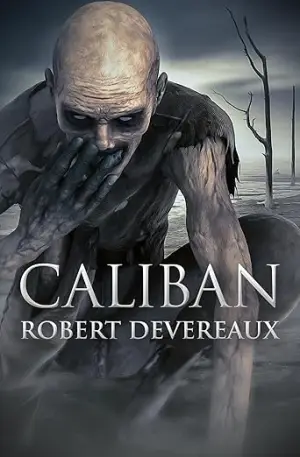Among Friends: A Stunning Exploration of Love and Betrayal
From the moment I first cracked open Among Friends by Hal Ebbott, I felt like I’d stumbled onto something truly extraordinary. With this book, Ebbott doesn’t just deliver a story; he presents a mirror reflecting our human complexities and the often murky waters of relationships. Having read countless domestic dramas, I thought I knew what to expect, yet Ebbott’s exquisite prose left me utterly captivated. It’s so sublime, in fact, that it’s already a contender for my book of the year!
The novel centers around two lifelong friends, Emerson and Amos, who have shared their lives, families, and luxuries within the comforting embrace of New York City’s affluence. Their lives seem idyllic—joyful gatherings, flourishing businesses, and a rich tapestry woven through mutual connections. But the fragility of their seemingly perfect world unravels violently when a shocking act unfolds during Emerson’s birthday celebration. This moment challenges the very fabric of their relationships and forces them to confront the familiar yet daunting truth: do we truly know the people we love?
Ebbott elevates the domestic drama genre into uncharted territory. On first glance, it may tempt you with its familiar themes reminiscent of Ann Patchett and Anne Tyler, but Ebbott’s writing is a revelation. His ability to carve out poignant moments with minimalistic yet striking language reminded me of the discomforting honesty found in Elizabeth Strout’s work. One line in particular stood out to me: “For a mind given to buzzing, anxious distraction, a clear sense of desire was like the edge of a pool, a thing off which she could push.” It’s a hauntingly vivid metaphor that encapsulates the tension between longing and the uncertainties that come with it.
Ebbott’s narrative strategy—a series of sharp, four-page chapters—invites readers to savor each moment rather than rush through them. It’s a deliberate pacing that encourages reflection. I caught myself pausing, letting the weight of his words resonate long after turning the page. The uncomfortable truths woven throughout the storyline demand attention and spark discussions: Can one love their children and still retain an element of themselves untouched by that love? It’s a thought-provoking inquiry that, I believe, resonates with every parent, and it positions Emerson and Amos as deeply flawed, yet relatable characters.
As I read, I found myself under Ebbott’s spell, enchanted by his raw, unflinching honesty. Some may find his portrayal of the characters unsettling, but therein lies the beauty—these are real people, with real flaws, and coping mechanisms that might not always be admirable.
I wholeheartedly recommend Among Friends to readers who appreciate the works of Hanya Yanagihara, Donna Tartt, and Lionel Shriver. The themes of love, betrayal, and human fallibility are masterfully explored, and the discussions that this novel sparks are surely invaluable. I’m left eager for what Hal Ebbott conjures next; I can already see a bright future ahead, illuminated by his remarkable insight into the human experience.
Having closed the final page, I find that I’m still reflecting on what it means to truly know one another. Yet more importantly, I’m reminded that even in the darkest corners of our hearts, there’s an undeniable light that keeps us connected. And that, dear readers, is why Among Friends will linger in my thoughts long after it’s put down.







